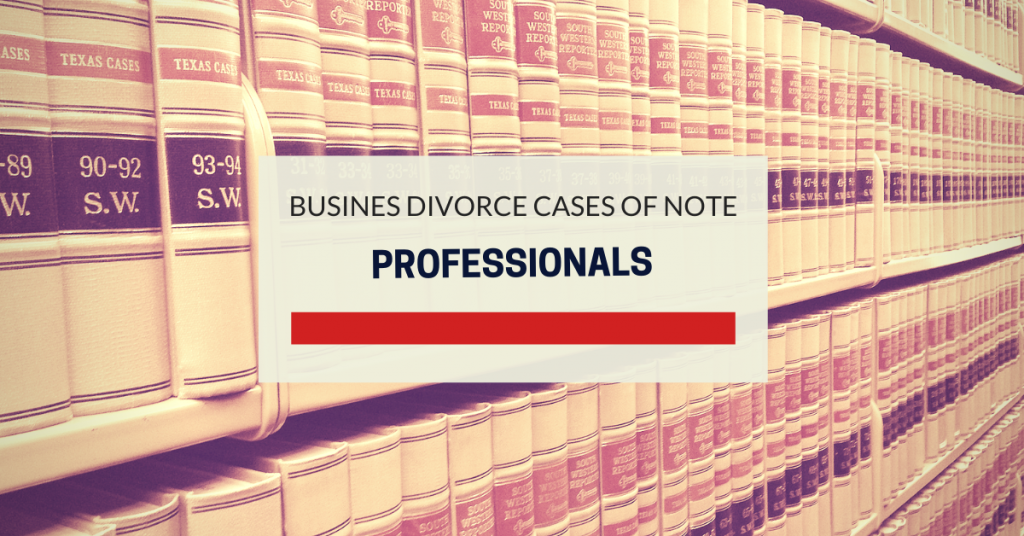-
The touchstone of a trade secret is that it provides the owner of the information with a competitive advantage in their market.
-
Courts look at the cost of development, the difficulty in duplicating and measurable benefits to ascertain whether a bona fide trade secret exists.
-
The first step in the defense of a trade secret is to examine whether there is real economic value to keeping the information secret.
Trade secret laws, much like other types of intellectual property law, always have the potential to limit competition and restrict employee mobility. The result is that trade secret law can be used as a means to try to carve out a market space. Those cases, however, may involve benign information that is difficult to classify as a trade secret.
The first issue in the defense of any claim for misappropriation of a trade secret is to figure out if there is really a trade secret at issue, whether the claim is brought under the federal Defend Trade Secrets Act (DTSA), a state Uniform Trade Secrets Act (UTSA) (from which the DTSA was derived) or state common law.
The UTSA has now been enacted every state except New York and Virginia, as well as the District of Columbia, Puerto Rico, and the U.S. Virgin Islands. Continue reading
 The Business Divorce Law Report
The Business Divorce Law Report





 shares.
shares.
 The trial court construed Louros agreements with United that and restricted him from:“[e]ngag[ing] in or participat[ing] in any activity that competes, directly or indirectly, with any Company activity, product, or service that [Louro] engaged in, participated in, or had Confidential Information about during [Louro’s] last 36 months of employment with the Company” or assist anyone in any of those activities for one year after Louro’s termination of employment.”
The trial court construed Louros agreements with United that and restricted him from:“[e]ngag[ing] in or participat[ing] in any activity that competes, directly or indirectly, with any Company activity, product, or service that [Louro] engaged in, participated in, or had Confidential Information about during [Louro’s] last 36 months of employment with the Company” or assist anyone in any of those activities for one year after Louro’s termination of employment.” 